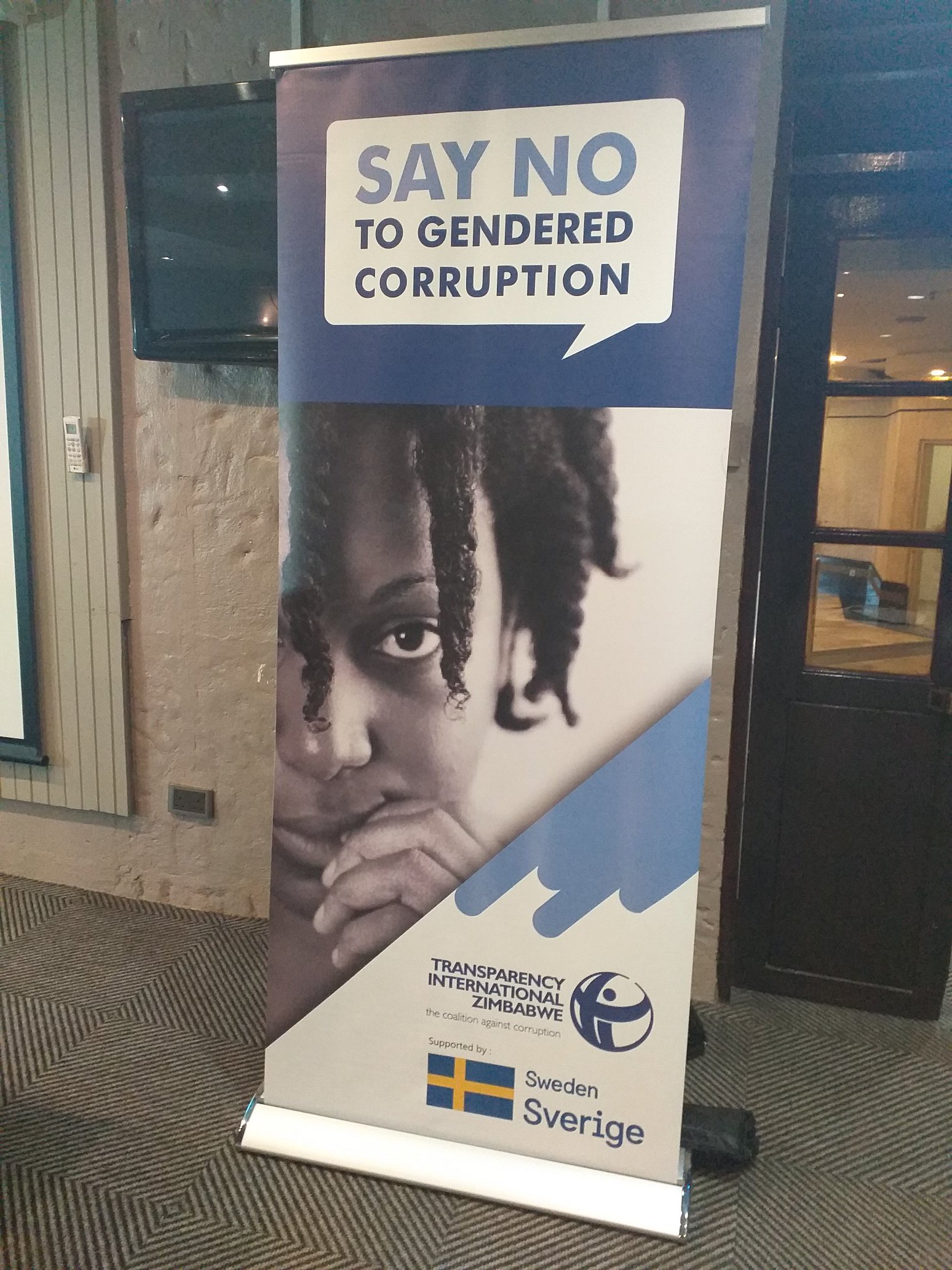By Joyce Mukucha
Transparency International Zimbabwe (TIZ) has partnered with the Informal Traders Empowerment Association (ITEA) and other stakeholders in commemorating the International Women’s Day 2020.
Several studies by TIZ reveal that despite that Zimbabwe having taken great strides in advancing gender equality through the establishment of various institutional, legal and policy frameworks, the country still ranks low on the Gender Inequality Index.
Speaking during the belated celebrations of Women’s Day which was running under the theme, “I’m Generation Equality: Realising Women’s Rights” in Harare on the 9th of March 2020, the Zimbabwe Gender Commission Chief Executive Officer, Ms Virginia Muwanigwa who was the guest of honour said corruption mostly affects the vulnerable and impedes progress towards gender equality. Corruption acts as a barrier for women to attain full access to civil, economic, social and political rights. There are limited studies in this area in Zimbabwe.
“This is an important day. The world over, people come together and focus on women. Women are not always recognised in all sectors and they continue to carry the burden of unfair policies. They have been subjected to different gendered forms of corruption such as sexual extortion due to structural factors such as land dispossession and land corruption. If these issues of corruption are left without being addressed, equality can never be achieved. Therefore, there is need to stand up and fight for women and girls to ensure that they do not continue to be vulnerable to gendered corruption,” she said.
Giving interesting insights into the linkages between gender and corruption, the ITEA representative, Agnes Magunje said corruption hinders attainment of equality and it was high time women as agents of change should stand up and fight for their rights.
Speaking from a religion perspective on how corruption is affecting generational equality, Nyaradzo Musokeri from the Apostolic Sector and Informal Traders Church pointed out that there was a link between gender and corruption. She stressed that there was need for women to join hands and represent their fellows who are being abused in the church.
“As we celebrate the International Women’s Day, I urge my fellow women to come together and stand for each other. It should start with us in our churches to ensure that sexual harassment and other forms of gendered corruption do not take place,”said Musokeri.
Other participants suggested that different stakeholders should be dedicated to empowering women to achieve their full economic potential by inspiring both women and men to become advocates, change makers and leaders in their community through equipping them with resources, opportunities and a global platform that facilitates networking, learning and sharing of experiences.
Transparency International Zimbabwe research findings on impact of gendered corruption includes a study conducted in Epworth which revealed that women pay bribe of about US$20 for their children to be enrolled in school. On the other hand, other researches indicate that 39,9 percent have been offered gifts by political actors during elections and some were asked for sexual favours. The 2012, 2014 and the 2017 Annual State of Corruption Reports, all revealed the disproportional impact of corruption on women and young girls in Zimbabwe.






